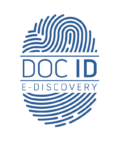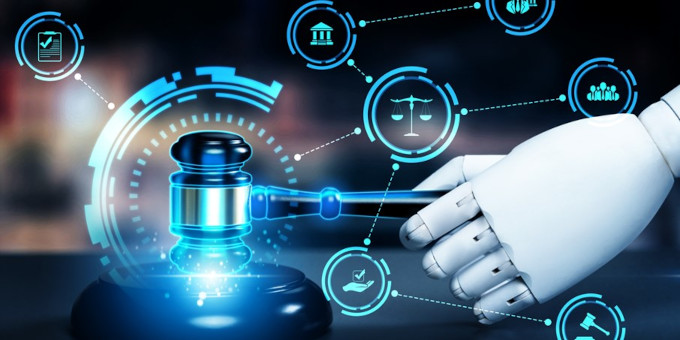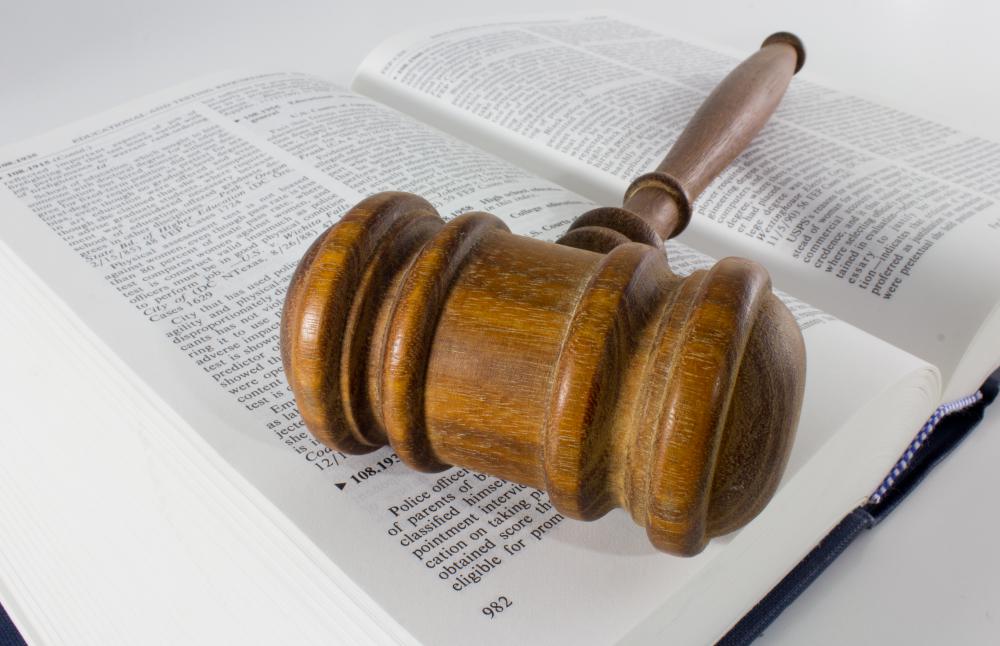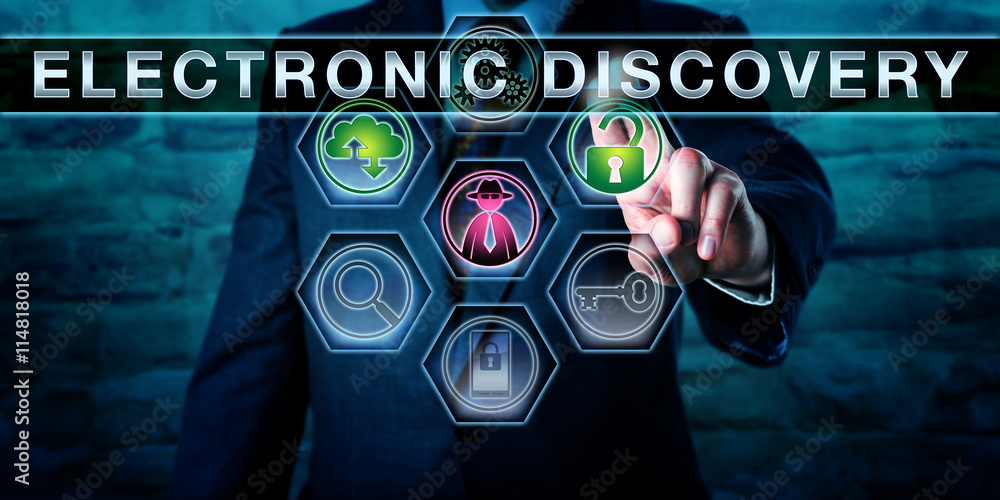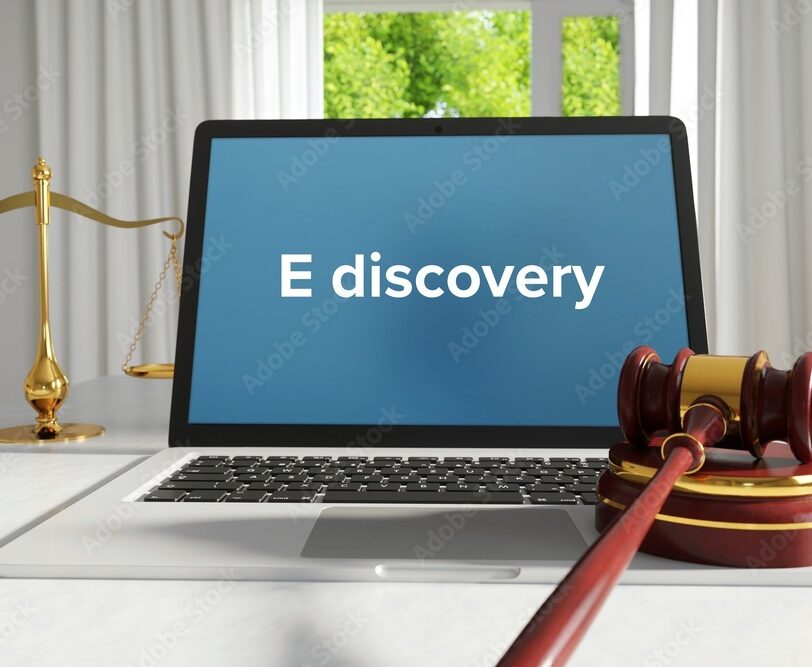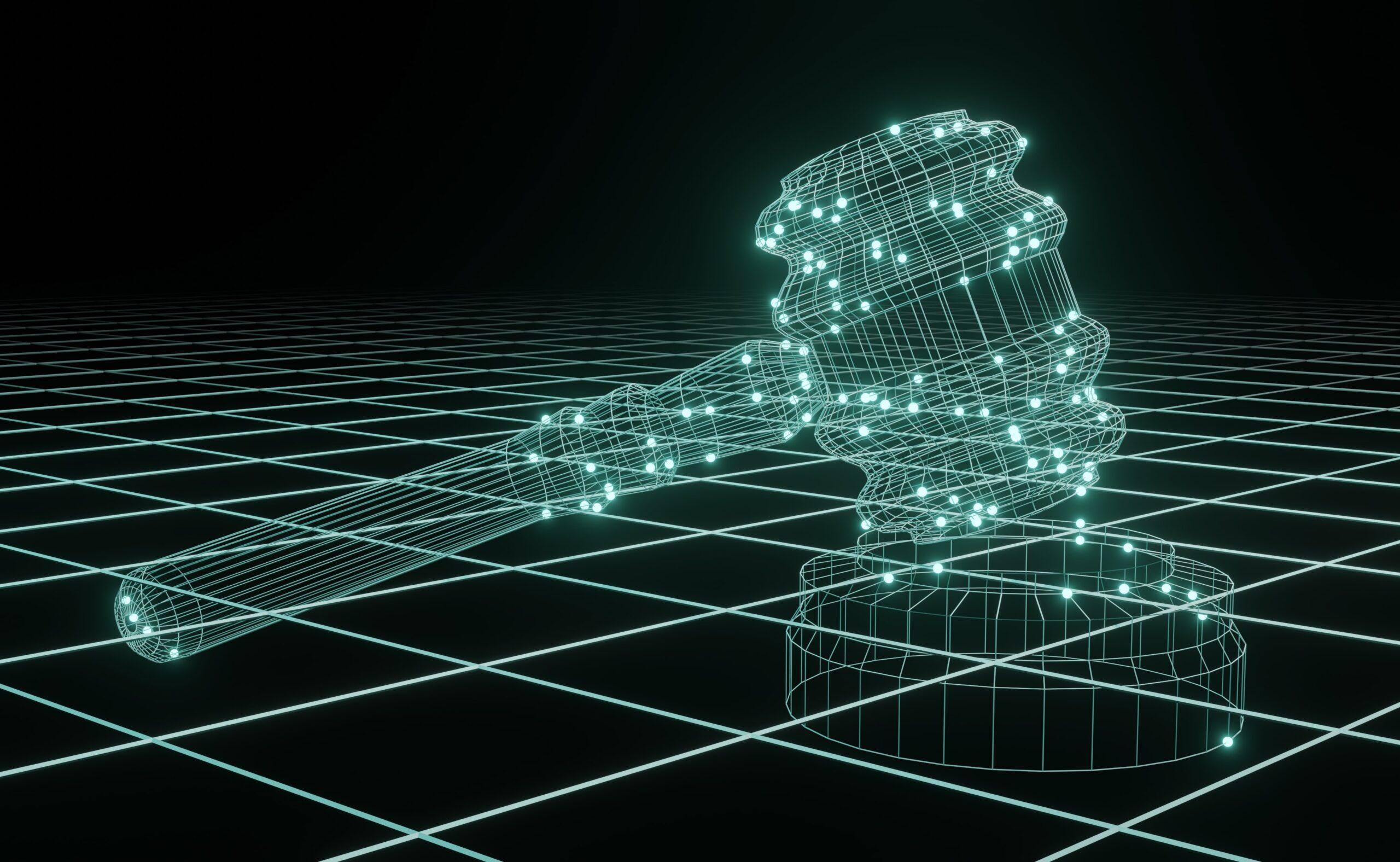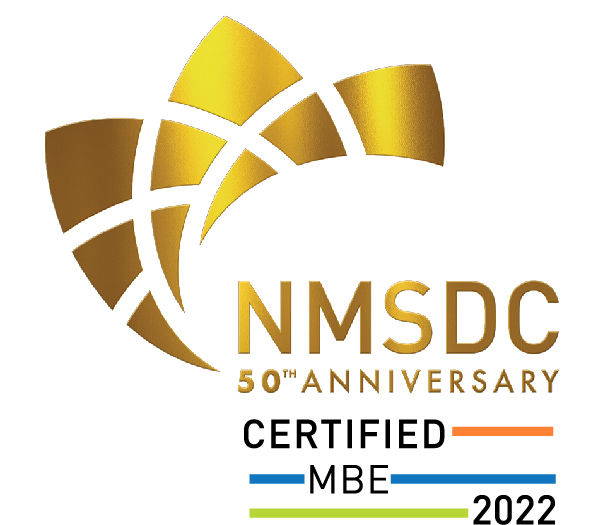Hyperlinks Are Not the Same as Traditional Attachments, Court Rules: eDiscovery Case Law
In the case In re Insulin Pricing Litig., No. 3:17-cv-0699 (BRM) (RLS), MDL No. 2080 (D.N.J. May 28, 2024), New Jersey Magistrate Judge Rukhsanah L. Singh ruled on several contested ESI issues in connection with the parties’ respective proposed ESI Protocols including hyperlinks, where she agreed with Defendants that “hyperlinks are not the same as [...]
